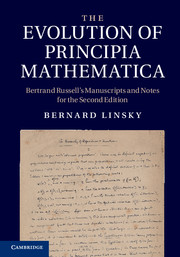In “The Meaning of ‘Meaning’”, Hilary Putnam presents several arguments to show that natural kind terms do not have a meaning or “sense” of a Fregean sort. Instead, he says, they function much like indexicals such as “this” or “I”, whose reference is determined by the circumstances of their use, not by unique properties of the referent that might be “expressed” in a sense. Putnam further argues that this account covers most general terms in our language, not just kind terms like “water” and “tiger”. He thus presents a serious challenge for the traditional notion of meaning, for if he is right only a few score words would be left with a meaning.
In this paper I wish to distinguish three arguments which appear intermingled in “The Meaning of ‘Meaning’”. Two of the arguments make explicit use of the same science-fiction example of a “Twin Earth” while the third uses a related example, and all three might be seen as showing that kind terms are like “rigid designators”. My purpose is to sort out these three arguments and show their importance for the theory of meaning.
